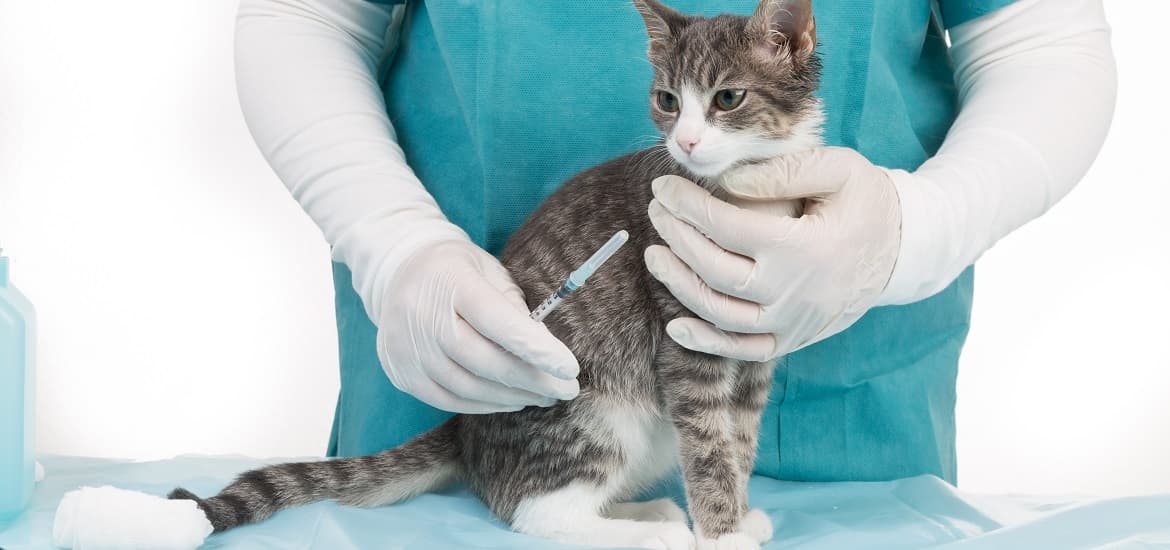Dec 6, 2021, 1:23 PM

With the fatal virus spreading worldwide and having such a significant influence on daily human life, most people believe the infection has just afflicted humans. Animals can also be harmed by viruses. Once infected, these viruses can do more harm to an animal's system than we realize. Feline Coronavirus can cause Feline Infectious Peritonitis, lethal (FIP). As a result, it's critical to look after our feline friends and companions and comprehend and learn more about what you can do to avoid this from happening.
A recent study has indicated the effects of feline Coronavirus, which is found almost in 80% of domesticated cat households. Most feline intestinal coronavirus infections are either undetectable or cause mild, self-limiting gastroenteritis. Vomiting and diarrhea can be sudden and severe or chronic and unresponsive to treatments. Although diarrhea is the most prevalent clinical symptom of infection in kittens, signs of infection in the upper respiratory tract have been documented.
While many infected domestic cats are healthy and exhibit few signs or symptoms, evolving FCoV into the hypothesized mutation Feline Infection Peritonitis can be lethal. According to a study, FIP affects only about 12% of FCoV-infected cats, particularly purebred kittens, who are more likely to develop the disease. While preventing sick cats from developing FIP is our major goal, we also need to raise awareness about the disease. This will assist veterinarians, and pet owners in determining what to do in such situations. Major brand like Biogal already have done some groundbreaking research and have come up with feline VacciCheck.
If a cat has Feline Coronavirus, the following are the steps you must follow.
- To rule out FIP cats that show indications of the disease, use an FCoV antibody test.
- Any new cat that comes into a house with other cats should be tested.
- Antibodies to the feline Coronavirus (FCoV) should be tested in young kittens. This is vital information!
- Stressful settings raise FIP risk; therefore, test the cat before encountering one.
- Because you don't want to get a false negative result, consider the sensitivity of the FCoV antibody test.

Tips to prevent FIP
- Check cats for antibodies to Feline Coronavirus FCoV.
- Check the young cats and kittens first.
- Use serological test (FCoV IgG) to rule out the FIP.
- Screen cat breeding households to reduce the risk of FIP.
- Screen a cat before stressful procedures of treatment.
You don't have to worry for the feline owners and vets unless you take preventive measures and ensure a clean environment. Cats become infected through ingestion or inhalation of virus-containing feces or contact with contaminated fomites. With Eurovets Veterinary Suppliers, you can order multiple veterinary products in Dubai, including Biogal VacciCheck.
